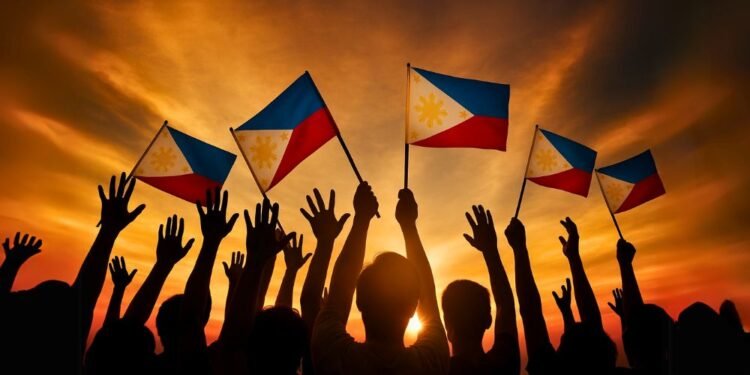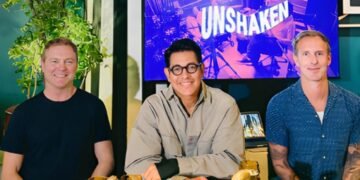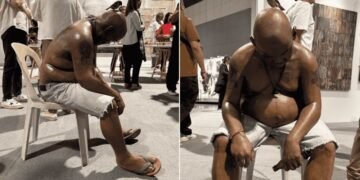Across centuries of colonization, economic hardship, and relentless natural disasters, one truth remains constant: Filipinos don’t just survive adversity — we are wired to overcome it.
Psychologists call it the Fresh Start Effect — the idea that people are naturally motivated to reset and push forward after meaningful events or hardships.
Studies show goal achievement behaviors spike by up to 30% after such milestones (Milkman et al., 2014). In the Philippines, this phenomenon goes beyond theory. It’s embedded in our culture, our communities, and even our national identity.
A History Built on Resilience
Few nations have been tested as much as the Philippines. Over 350 years of colonial rule, devastating wars, and a brutal share of natural disasters — including 20+ typhoons per year — have forged a national character that treats recovery not as a luxury, but as a necessity. Survival wasn’t optional; it was evolution.
Instead of being broken by hardship, Filipinos learned to adapt, rebuild, and move forward, faster and more persistently than many other nations. Tacloban City’s rebound after the devastation of Typhoon Yolanda is just one of countless examples.
Flattened in 2013, Tacloban didn’t vanish. It rebuilt — proof that resilience here is physical, cultural, and psychological.
Optimism as an Engine of Recovery
Despite enduring some of the harshest living conditions in Southeast Asia, Filipinos consistently rank among the Top 20 happiest countries in the world (Gallup Global Emotions Report, 2022).
Even more striking: Filipinos score 30% higher in optimism compared to nations facing similar economic or political instability (World Values Survey, 2023).
This isn’t just a feel-good statistic. Optimism has real consequences. Research shows that optimistic individuals are more likely to persist through setbacks, solve problems faster, and even recover from illnesses more quickly.
In communities, collective optimism dramatically increases the speed and success of rebuilding efforts after disasters.
For Filipinos, optimism isn’t naive. It’s strategic.
The Global Diaspora: Reinvention as a Way of Life
Another testament to this hardwired resilience is the global Filipino workforce.
Today, more than 10 million Overseas Filipino Workers (OFWs) are spread across the world, making the Philippine diaspora one of the largest globally.
Whether it’s caregivers in Europe, engineers in the Middle East, or nurses in North America, Filipinos don’t just adapt to new environments — they thrive.
Migration, for many, wasn’t a choice made out of convenience. It was another form of comeback — another reinvention after facing local economic limitations.
Cultural DNA of Comebacks
Writers like National Artist Nick Joaquin captured this spirit well. In Culture and History, Joaquin argued that what defines the Filipino is not defeat, but constant redefinition: a culture that survives by absorbing, adapting, and thriving amid change.
That spirit is alive today — in the way communities rebuild after floods, in the way families send loved ones overseas to carve out a better future, and in the everyday conversations that somehow always find a reason to laugh, to hope, and to move forward.
Filipinos aren’t just resilient because we have to be. We’re resilient because our history, our culture, and even our psychology have shaped us into a people who view setbacks not as endings, but as beginnings.
Comebacks aren’t the exception here. They’re the expectation.












